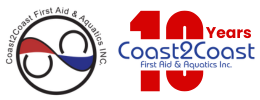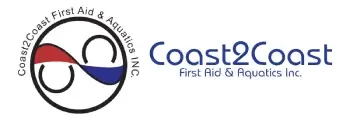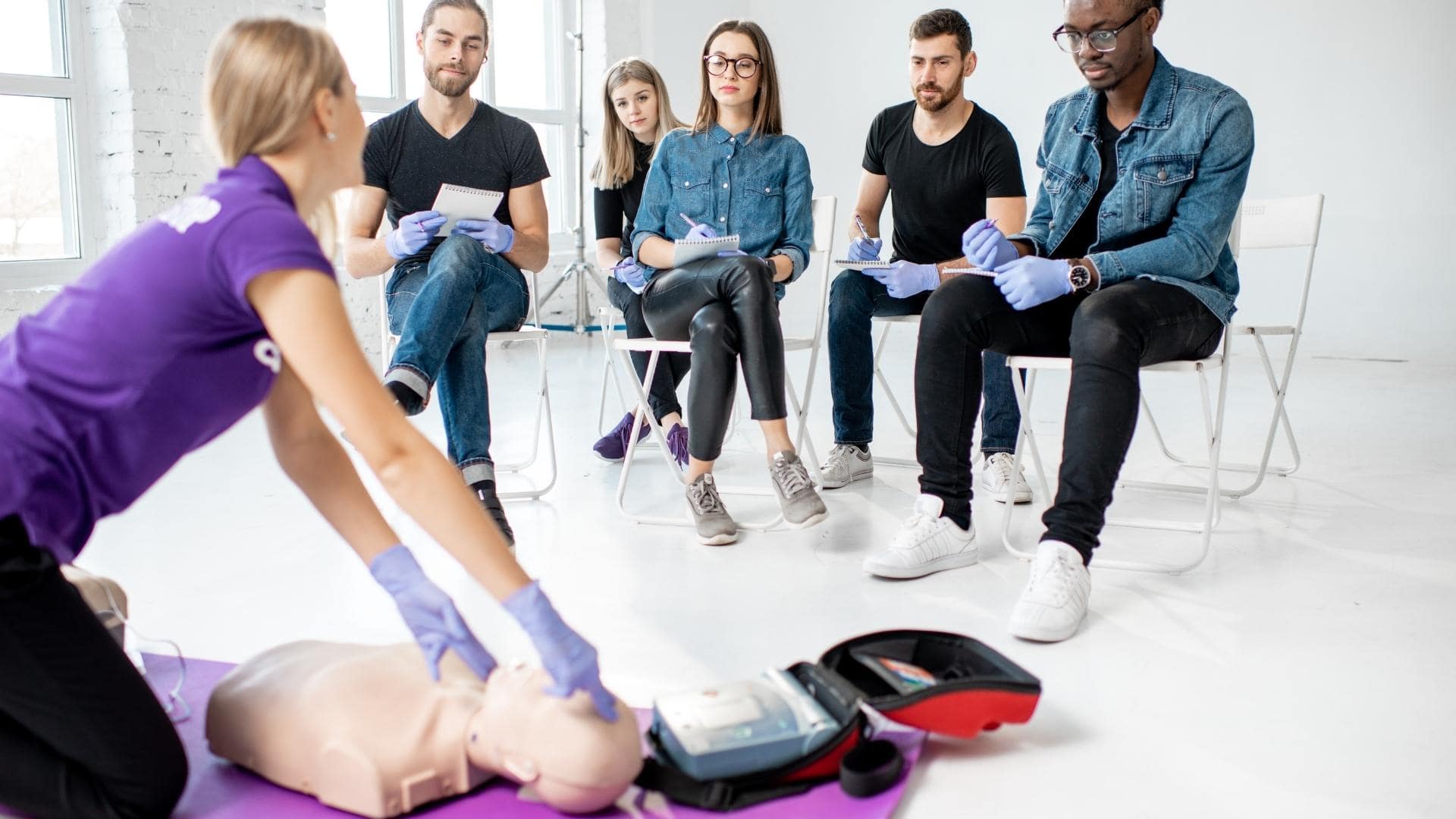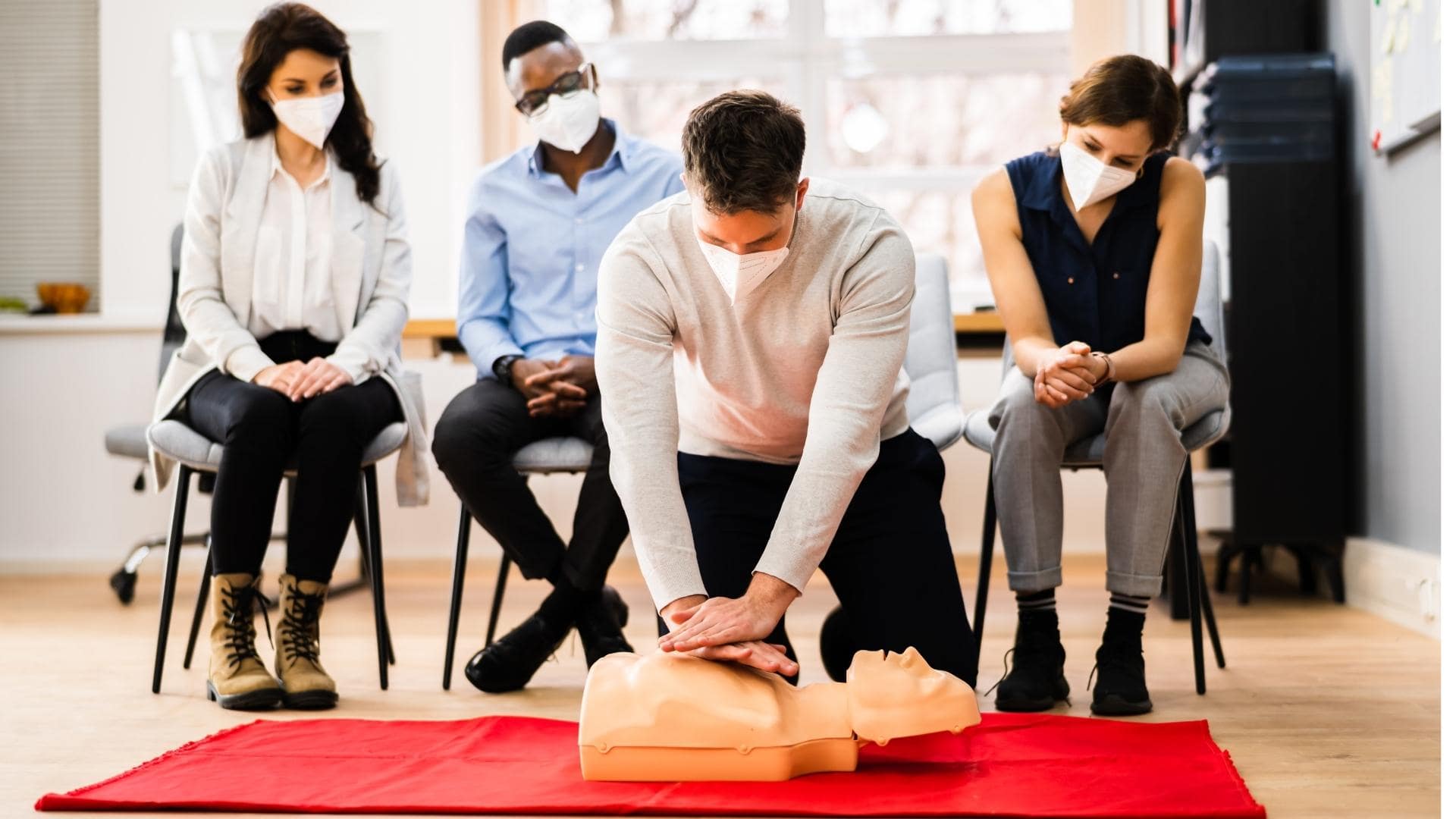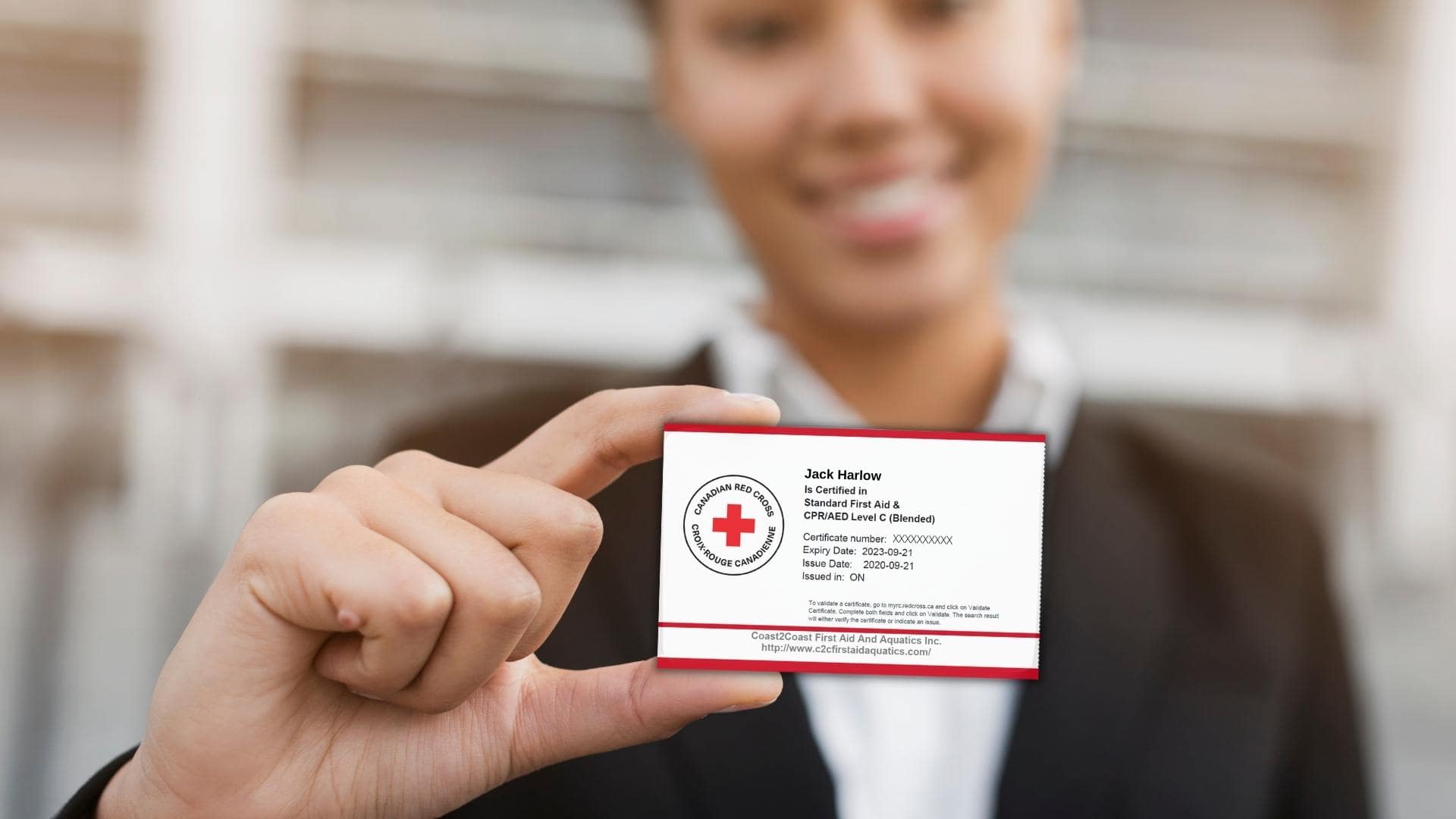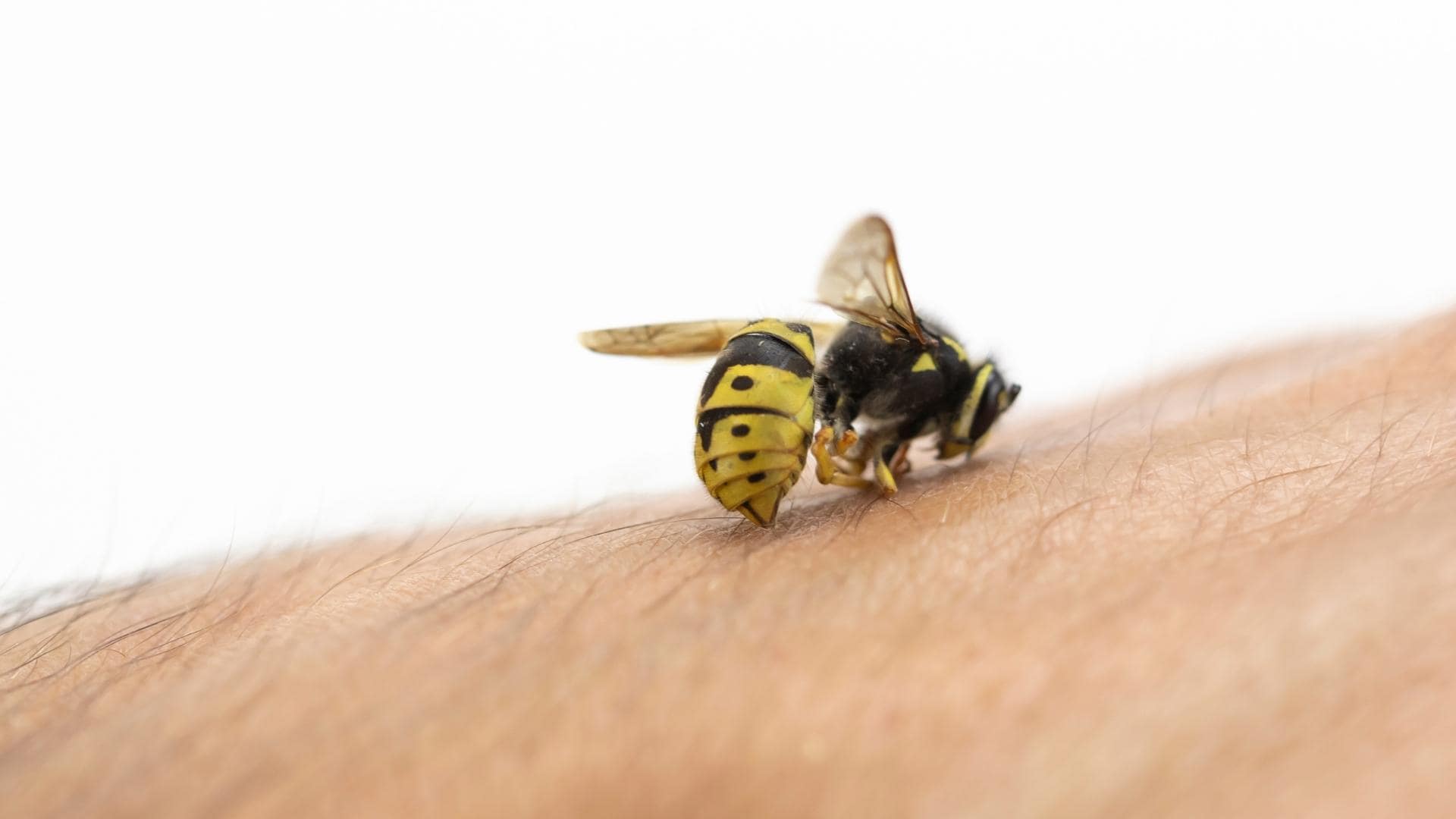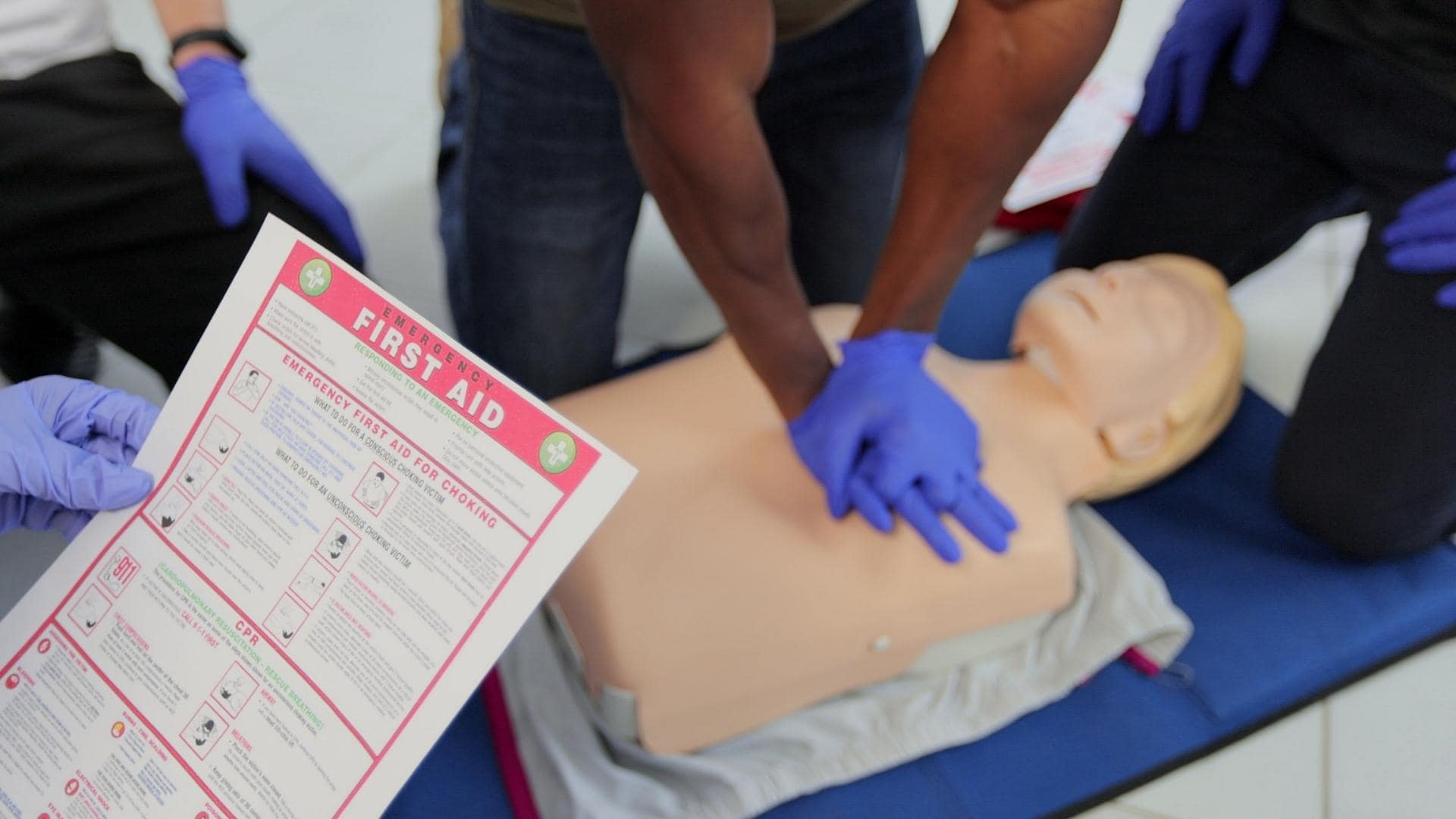With the onset of summer and the increased number of outdoor activities, the probability of getting injured also increases. If you have injured a bone or joint, then splinting it may help. When dealing with such conditions, provide pain relief to the injured region using splints.
Coast2Coast First Aid & Aquatics Blog
CPR is one of the most essential life-saving skills that can help someone survive if they have stopped breathing after cardiac arrest or an accident. However, a lack of knowledge is debilitating during an emergency because it can prove harmful.
It is normal and healthy for all of us to have some anxiety, but when it becomes excessive, it can be a problem. In small amounts, stress is beneficial because it keeps us alert to threats and dangers. People with severe anxiety need help and support because they may not be able to control their thoughts and fears, causing them to spin out of control.
Over time, reliance on opioid usage has increased in Canada. Figures from responses to a Canadian Community Health Survey in 2018 show that 13% of Canadians reported using opioids the previous year, and 9.6% of them used it in ways that could harm their health.
Whichever level of First Aid and CPR training you need, on completing the course, you earn a Canadian Red Cross approved certificate. The skills and life-saving techniques you learn are invaluable, whether part of a work requirement or just to help others. When training at Coast2Coast, your First Aid certification is valid for three years.
Defibrillators or Automated External Defibrillators (AEDs) are devices that deliver a life-saving shock to someone suffering from cardiac arrest. The electric shock from the defibrillator passes through the chest wall to the heart, often giving a person in cardiac arrest a chance to survive.
